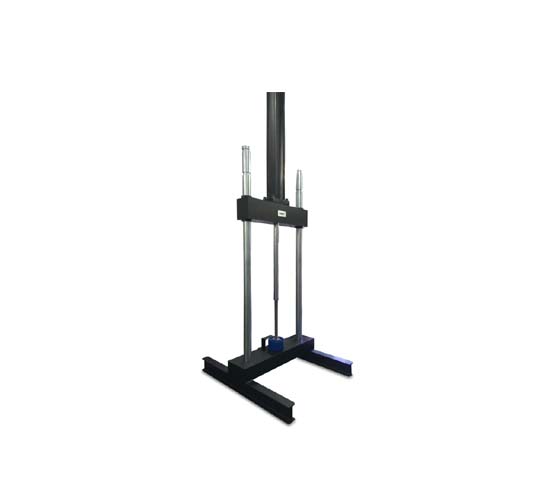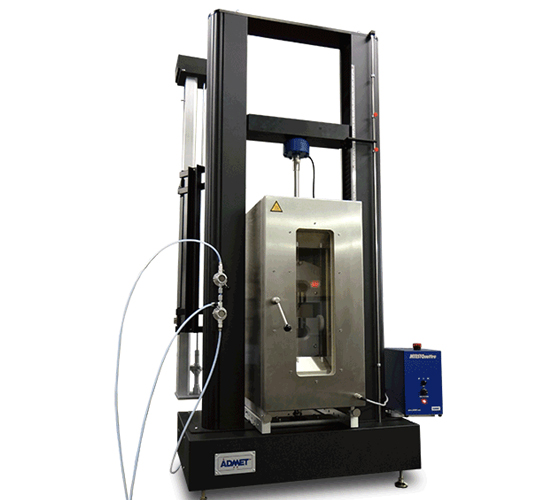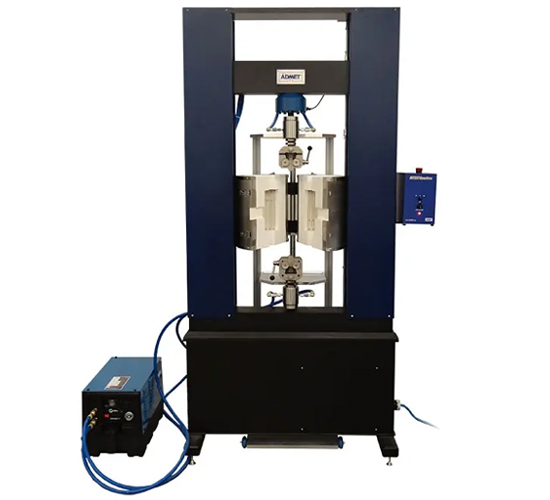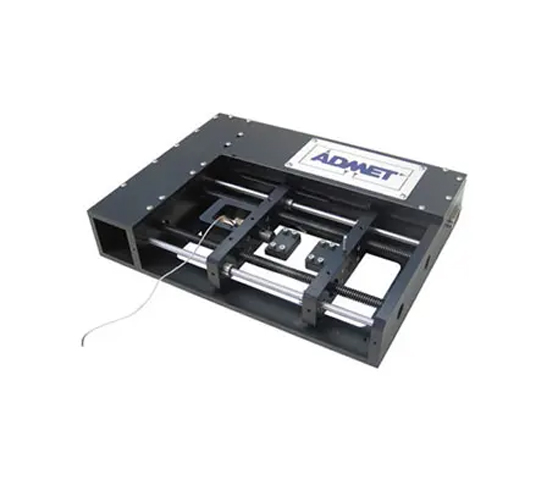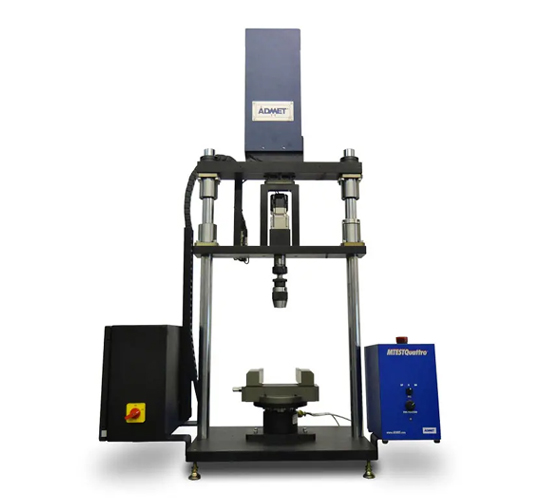Inverted 600kN Fatigue System for Testing Large Composite Components Overview
The Inverted 600kN Fatigue System for Testing Large Composite Components is a robust and high-performance testing system designed to evaluate the durability and fatigue resistance of large composite materials. This advanced system is ideal for industries such as aerospace, automotive, and wind energy, where composite components must undergo rigorous stress and fatigue testing to ensure they meet the demanding requirements of these sectors.
High Load Capacity
The Inverted 600kN Fatigue System is designed to handle high loads up to 600 kN, making it suitable for testing large and heavy composite components used in critical applications. Whether it’s aircraft wings, wind turbine blades, or automotive parts, this system is capable of simulating the extreme forces that these materials endure in real-world conditions.Fatigue Testing for Composite Materials
This system is specifically engineered for performing fatigue tests on composite materials. It applies repetitive loading and unloading cycles to simulate the stresses and strains that composites experience over time. This helps determine their resistance to fatigue, ensuring that they perform reliably over their expected lifespan.Inverted Configuration for Optimal Testing
The inverted design of the system allows for more accurate testing of large composite components by applying forces from a reversed direction, closely mimicking how these materials behave under operational stresses. This ensures that the test results are as realistic as possible.Precise Control and Monitoring
The MTEST Quattro Controller & Software integrated into the system provides precise control over testing parameters, such as load, displacement, and frequency. The system enables real-time monitoring and data acquisition, allowing for detailed analysis of how composite materials behave under cyclic loading conditions.Customization for Different Composite Components
The Inverted 600kN Fatigue System can be customized to suit a wide range of composite materials and geometries. This adaptability makes it an excellent choice for manufacturers and researchers testing various types of composites, including fiber-reinforced polymers (FRP) and carbon fiber composites.Durability and Performance Assessment
This system is ideal for assessing the long-term durability and performance of large composite components. It provides engineers with crucial data on how composites react to repetitive stresses, helping them optimize materials and designs for maximum longevity and safety.
- Fatigue testing of large composite components used in aerospace, automotive, and wind energy industries
- Research and development of new composite materials and technologies
- Testing for long-term durability and structural integrity under cyclic loading
- Quality control for manufacturers of composite materials and parts
- Certification and regulatory testing to meet industry standards and safety regulations
The Inverted 600kN Fatigue System for Testing Large Composite Components is a critical tool for ensuring that composite materials meet the demanding standards of industries such as aerospace and automotive. By providing accurate fatigue testing, it helps engineers and manufacturers ensure the reliability and safety of composite components in real-world applications.
For more information on the Inverted 600kN Fatigue System, including universal testing machine price, contact us today.

